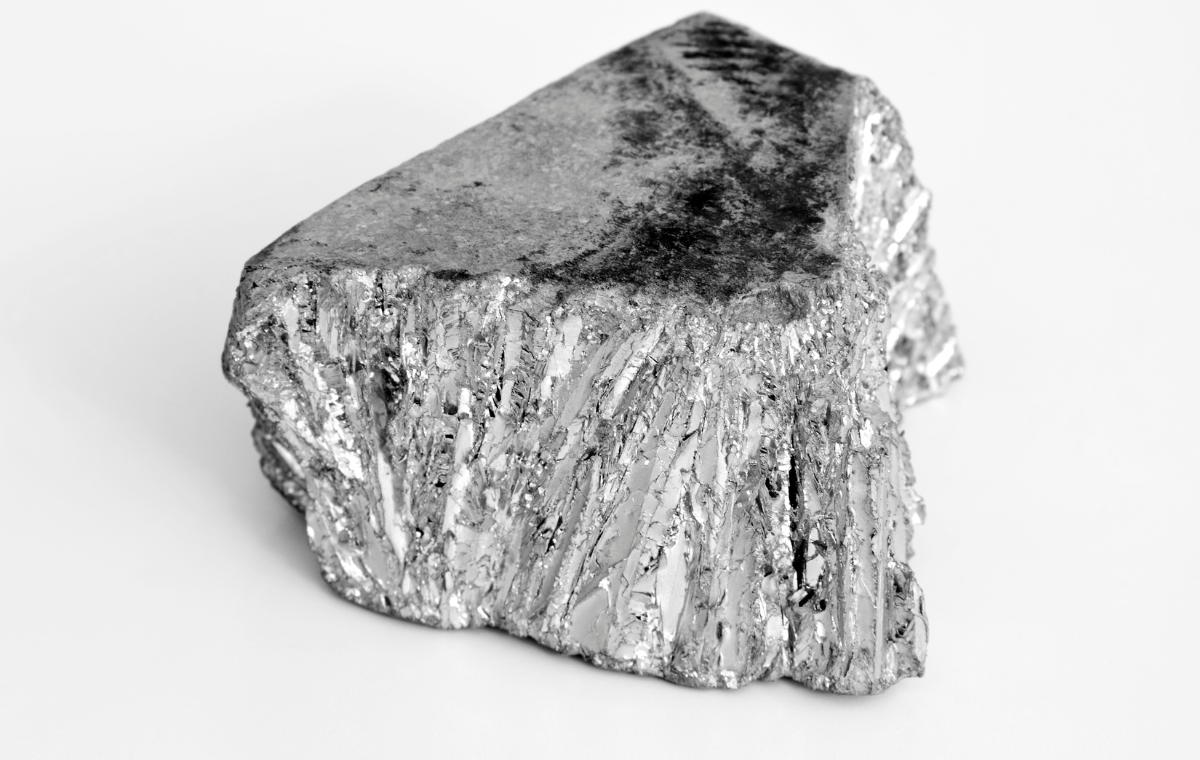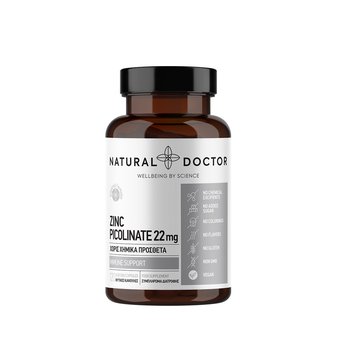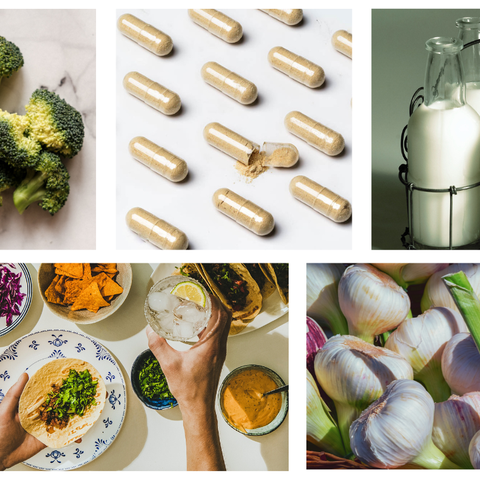Symptoms of zinc deficiency

What is zinc deficiency? Who is most often deficient in zinc? Are there any symptoms or signs of zinc deficiency?
Zinc is found in many foods and is an essential nutrient, as the body cannot produce it independently. It is involved in more than 300 enzyme reactions and plays a role in genetic expression, affecting hormones and nerve cell activity.
It acts as an antioxidant in the human body and is vital to immune function. While it is an essential component of the body's connective tissues, it also contributes to wound healing.
What is zinc deficiency?
An estimated 12 percent of the population is at risk of developing a mild zinc deficiency from low dietary intake or reduced absorption due to chronic disease.
There are two main types of zinc deficiency: hereditary and acquired. Hereditary zinc deficiency is a genetic disorder that causes reduced zinc absorption in the digestive tract.
People with hereditary zinc deficiency must take dietary zinc supplements throughout their lives. An acquired zinc deficiency is associated with a lack of dietary zinc intake, chronic illness, use of alcohol or diuretic drugs, or diarrhea.
Nutritional causes may include:
- diet low in sources of animal origin
- diet high in plant-based oxalic acids
- plant chemicals that limit how zinc is absorbed
Most healthy adults do not experience zinc deficiency. In contrast, infants, children, teenagers, pregnant women, nursing mothers, the elderly, and those following a vegetarian or vegan diet are at increased risk.
Symptoms
Zinc deficiency occurs when insufficient zinc levels are available to meet the body's daily requirements.
Some deficiency symptoms are as follows:
- Fatigue
- Change in the sense of taste or smell
- Slow wound healing
- Diarrhea
- Hair loss
- Loss of appetite
- Rashes on the face
- Deformed or discolored nails
- Glossitis
- Frequent infections
- Delayed puberty in children
- Erectile dysfunction in men
- Low sperm production
- Malfunction of reproductive hormones
What to do if you suspect zinc deficiency
Consult your doctor if you find that you may have a zinc deficiency. Unlike many other nutrient deficiencies, zinc deficiency is a clinical diagnosis, not a laboratory diagnosis.
The most bioavailable sources of zinc in food are seafood, meat, poultry, and eggs. These foods contain sulfur-containing amino acids that enhance zinc absorption. Plant foods inhibit absorption.
Daily intake of zinc
Eating zinc-rich foods is the best way to ensure proper zinc intake. Some people, especially those with increased need or difficulty absorbing, may need a zinc supplement to meet their daily needs. The daily dietary intake of zinc required to prevent zinc deficiency varies with age, sex, and life stage.
In addition, those who follow a vegetarian or vegan diet, due to the reduced zinc intake, have increased zinc needs; therefore, supplementation with the appropriate nutritional supplement is necessary.



